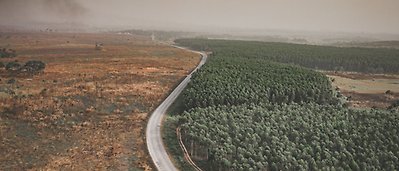Civic greening and environmental learning in public-access community gardens in Berlin
Summary
We analyse environmental learning in public-access community gardens (‘PAC-gardens´) in Berlin, representing public green spaces that are collectively managed by civil society groups.
Through extensive fieldwork, and drawing upon social theories of learning, we describe learning communities in four PAC-gardens and analyse factors that influence participation and boundary interaction, that is when experiences brought in from the outside encounter socially defined competences.
Results show that these PAC-gardens have self-generated social and physical structures, which to different degrees inhibit or facilitate boundary interactions, whereas skills of individuals to put those to work, in combination with the quality of the surrounding neighbourhoods, can be ascribed for creating broader participation and greater diversity in the content of learning about local sustainability.
Identified learning streams included learning about gardening and local ecological conditions; about urban politics, and about social entrepreneurship. We discuss results in relation to environmental learning that combats the generational amnesia in cities about our dependence on nature, where PAC-gardens clearly distinguish themselves from more closed forms of urban gardening such as allotment gardens and gated community gardens.
We conclude that PAC-gardens that intertwine gardening with social, political and economic practices can create broader and more heterogeneous learning about social—ecological conditions, and help develop sense-of-place in degraded neighbourhoods.






